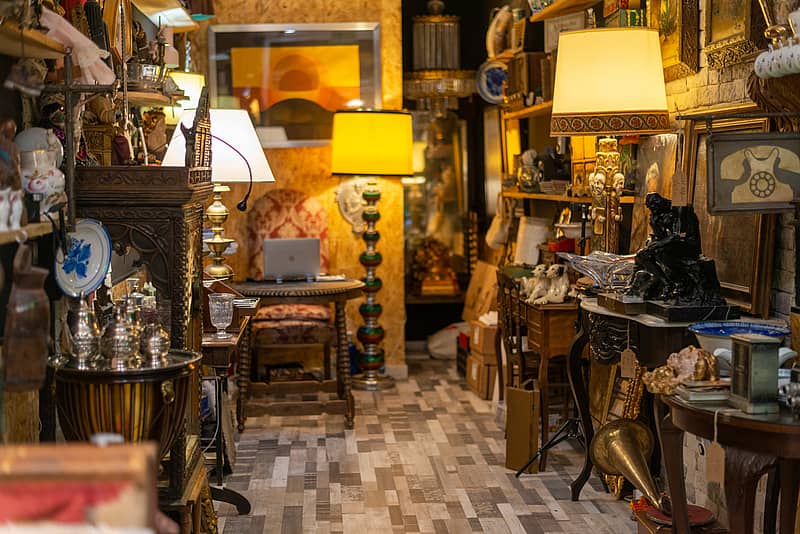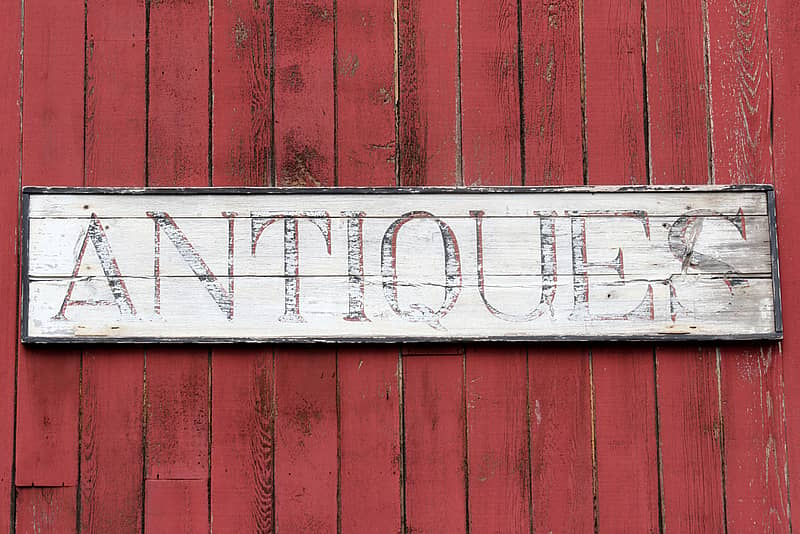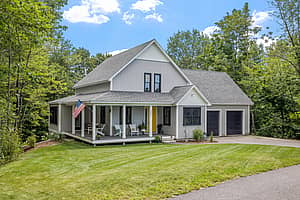
What to Do After Buying a Motorcycle
What To Do After Buying a Motorcycle After buying a new motorcycle, your inclination may be to begin riding right away. Although you may want
When it comes to antique shopping, Maine has a reputation for being a go-to destination for shoppers. Antique trails run throughout Vacationland peppered with one-of-a-kind shops with one-of-a-kind finds. Whether you have been running an antique store for decades, or are debating opening one, you probably know that the business is filled with a number of risks. Protecting the countless treasures you store is at the forefront of your mind, as well as other risks like a customer tripping and falling. Below are some common coverages for antique stores.
This coverage commonly helps protect your building, equipment, and inventory. As your business relies on having a physical location to store your antiques, this coverage should be at the top of your list for consideration. If your store were to be vandalized or damaged in a fire, the damage could begin to add up quickly.
If your shop is open for the public to browse, you should consider general liability insurance. General liability policies typically cover claims from bodily injuries that occur in your place of business. If an elderly customer tripped in your shop and injured themselves, it could put your business at financial risk. General liability also typically covers copyright infringement. If you are creating materials to advertise your store, such as print ads or social media posts, accidentally using unlicensed materials could present your business with another financial risk.
If you transport your antiques to shows, warehouses, or other locations, your commercial property policy may not provide enough coverage. Review your policies with an insurance professional to see what value your commercial property policy covers. Inland marine insurance is a coverage that can provide financial protection for your business’s property that is transported over land or temporarily stored off site.
Business owners in Maine know that our weather is anything but predictable. If a storm caused a tree to fall on your antique store, the cleanup and repair could take weeks. If you have ever worked in retail, you know that any day you are not open is missed revenue. If your business is forced to close for a covered peril, business interruption insurance typically can help with costs like operating expenses. You can commonly add this coverage to your commercial property insurance.
If you have employees working in your shop, workers’ compensation insurance is likely required by law.
If you evaluate or appraise antiques, a small mistake can dramatically change the cost of an item. Even if you accurately evaluate an item, if a customer believes an error was made that cost them money, they could sue your business. Professional liability insurance can help protect your business if a customer believes a mistake you made caused financial loss and tries to sue you.
There are many routes that you could take to compare quotes for your antique business. A quick online search could provide a snapshot price of what it would cost to insure your business through a company, only for you to find out the price you will actually pay will vary depending on your business operations.
We are an insurance agency that works with over 100 carriers, which means more options for our clients. With offices located throughout Maine, one of our knowledgeable insurance professionals may be closer than you think. Reaching out to our team is as simple as filling out our form here. If you prefer to call an office directly, you can find a list of our office locations here.

Businesses come in all different sizes and types. No two antique shops will be exactly the same. What you will pay to insure your antique shop will depend on the coverages you choose, as well as:
You can request a quote for your antique shop by filling out our form here. From there, a member of our team will reach out to gather more details about your business.
A BOP, or business owner’s policy, typically bundles two common insurance coverages- general liability and commercial property. Usually these polices come with a cost savings compared to buying the coverages separately. Typically it can help your business recover from events like thefts and fires. Depending on what insurance carrier you go through, additional coverages may be available to add on to a Business Owner’s Policy such as data breach insurance or commercial auto insurance. In order to see how much your business will pay for a BOP, you can request a quote.
With more and more businesses becoming reliant on technology, possible data breaches are becoming less of an “if” and more of a “when”. If your antique shop handles credit card data, keeps financial data, or stores confidential customer information, you should consider cyber insurance. Cyber liability insurance typically covers legal fees as a result of a data breach, as well as notifying customers.

As a new business owner, your costs for opening can add up quickly. Between display cases and filling your store with inventory, it can be tempting to skip insurance coverage. The unfortunate thing is you do not know when a claim will happen. Someone could break into your space and steal inventory in your first month open, or someone could slip on a wet floor on the first day open. If you are renting your space, many landlords will require that you show proof of insurance in order to rent the space. Not only is it wise to have insurance coverage in place before you open your doors for the very first time, it is also a good idea to regularly review your coverages and limits with an insurance professional to be sure you have adequate coverage as your business grows.
While there is no master checklist to avoid every safety hazard, there are a few things you can do to reduce the risk of injury at your shop.
___________________________________________________________________
This article is for general informational purposes only and is not to be relied upon or used for any particular purpose. Cross Insurance shall not be held responsible in any way for, and specifically disclaims any liability arising out of or in any way connected to, reliance on or use of any of the information contained in this article. The information contained or referenced in this article is not intended to constitute and should not be considered legal, insurance, accounting or other professional advice, nor shall it serve as a substitute for the recipient obtaining such advice. The views expressed in this article are that of its author and do not necessarily represent the views of Cross Financial Corp. and its subsidiaries and affiliates (“Cross Insurance”) or Cross Insurance’s management or shareholders.

What To Do After Buying a Motorcycle After buying a new motorcycle, your inclination may be to begin riding right away. Although you may want

New Hampshire Homeowners Insurance How to Get Insurance Quotes for Your Home in NH When it comes to selecting an insurance policy for your New

What to Do After Buying an Existing Business The time period after buying a business can be both exciting and stressful. Making an investment into